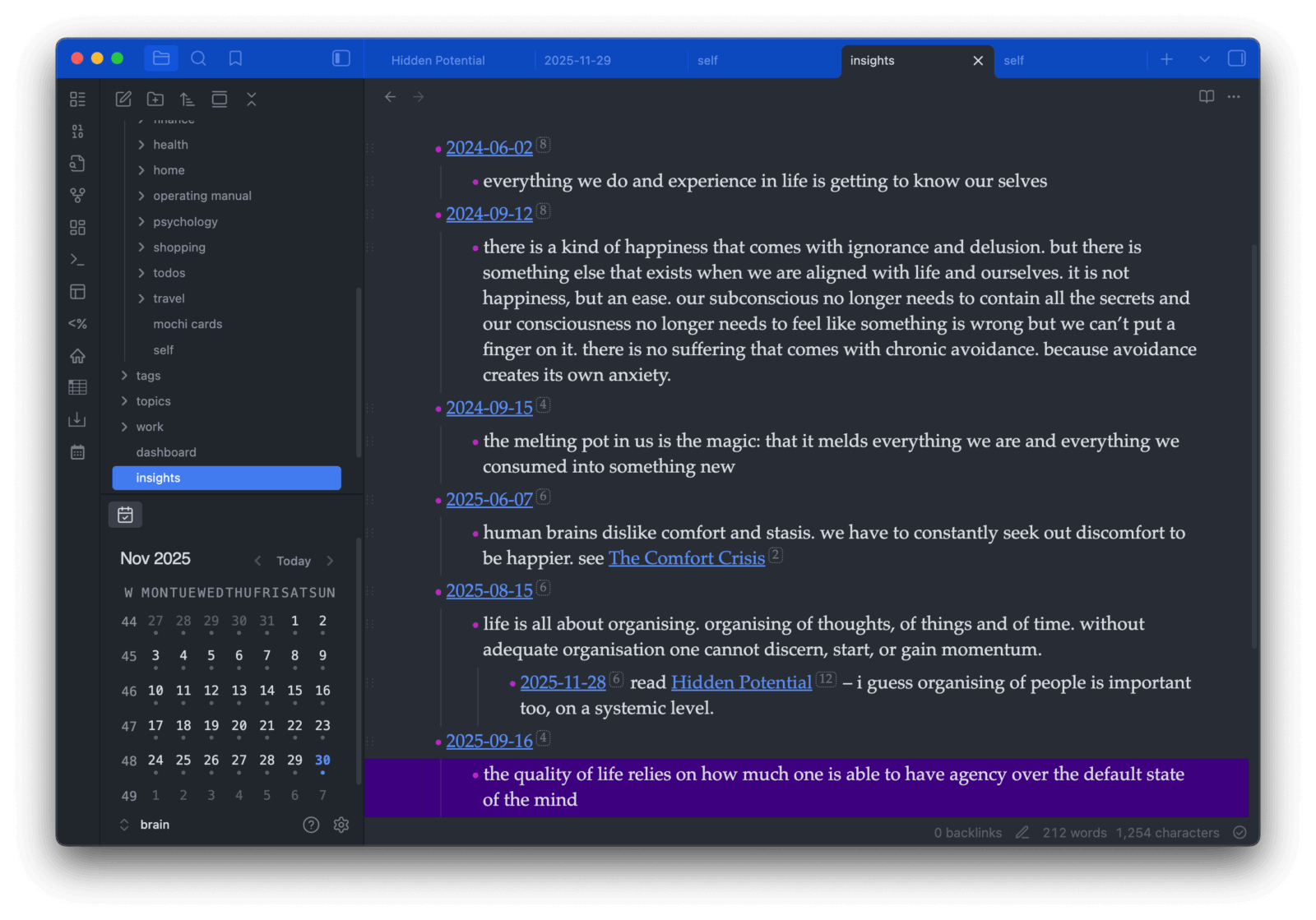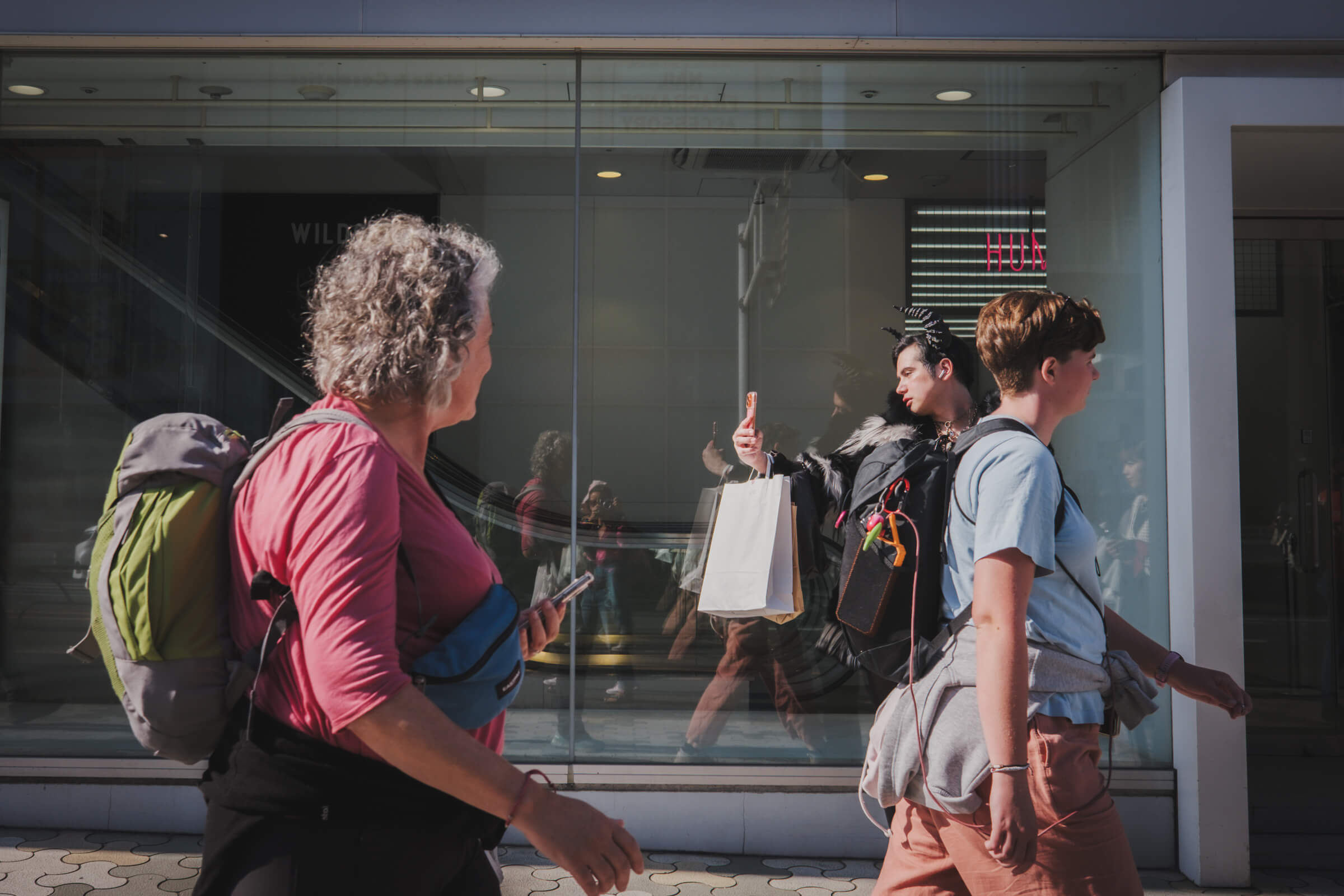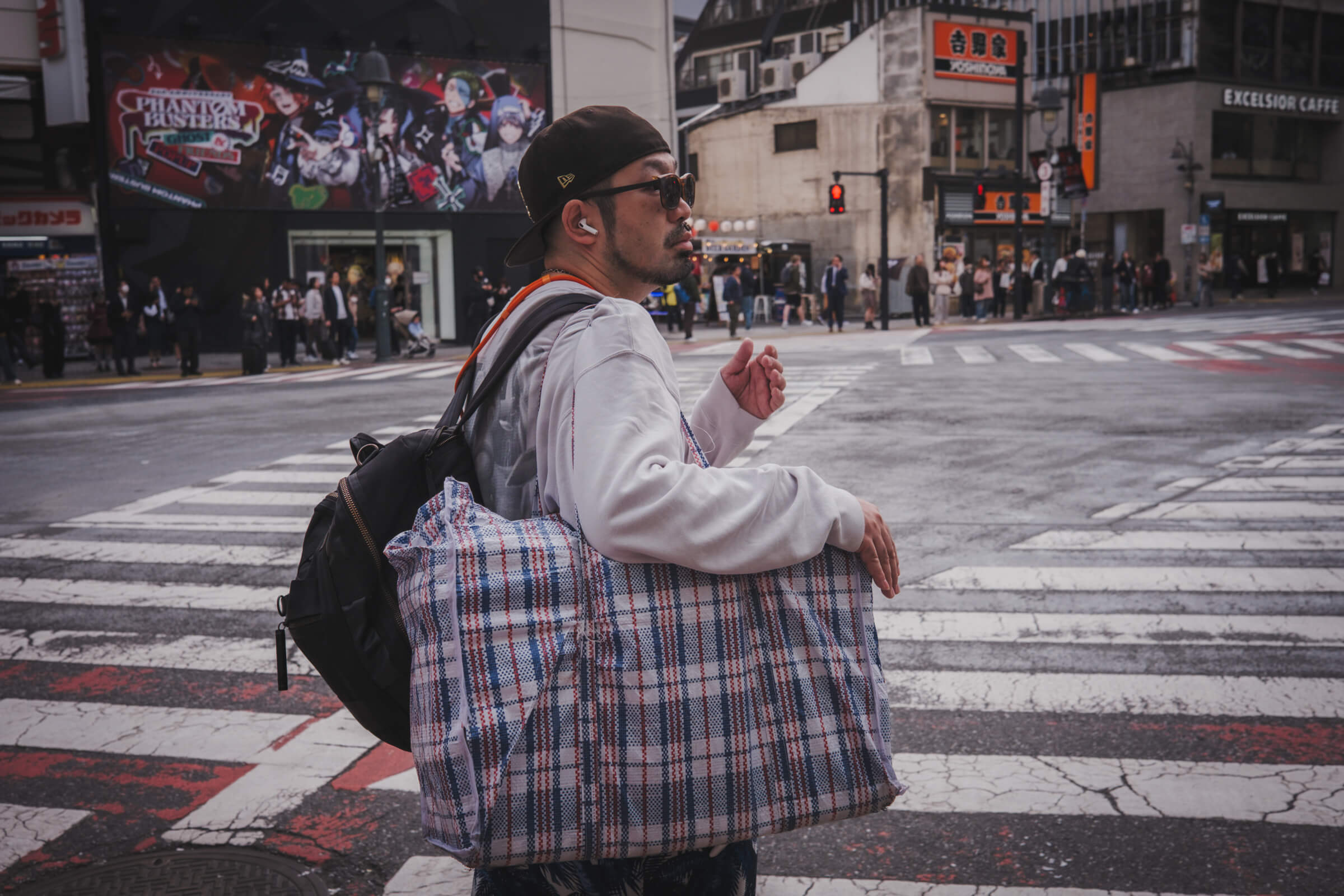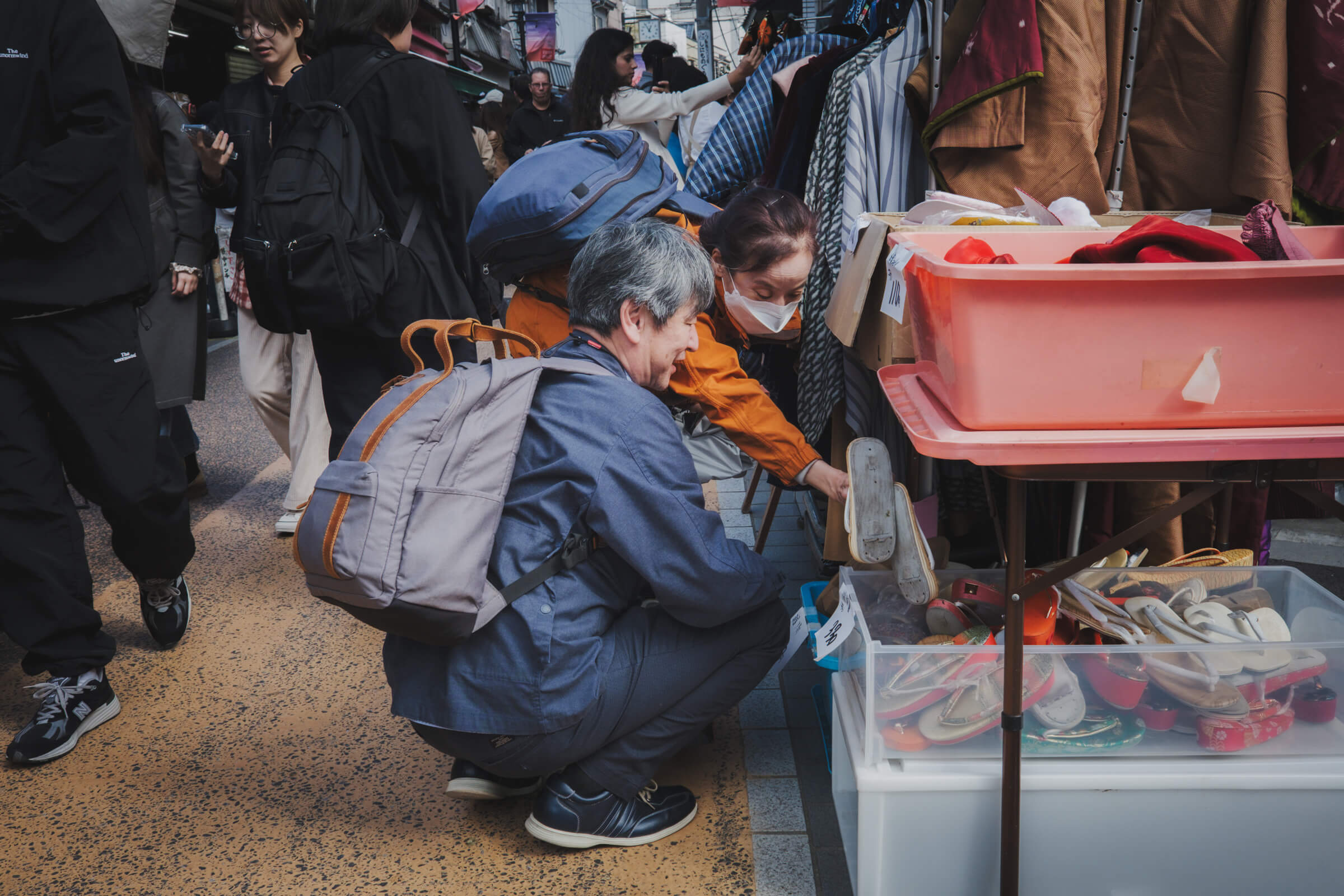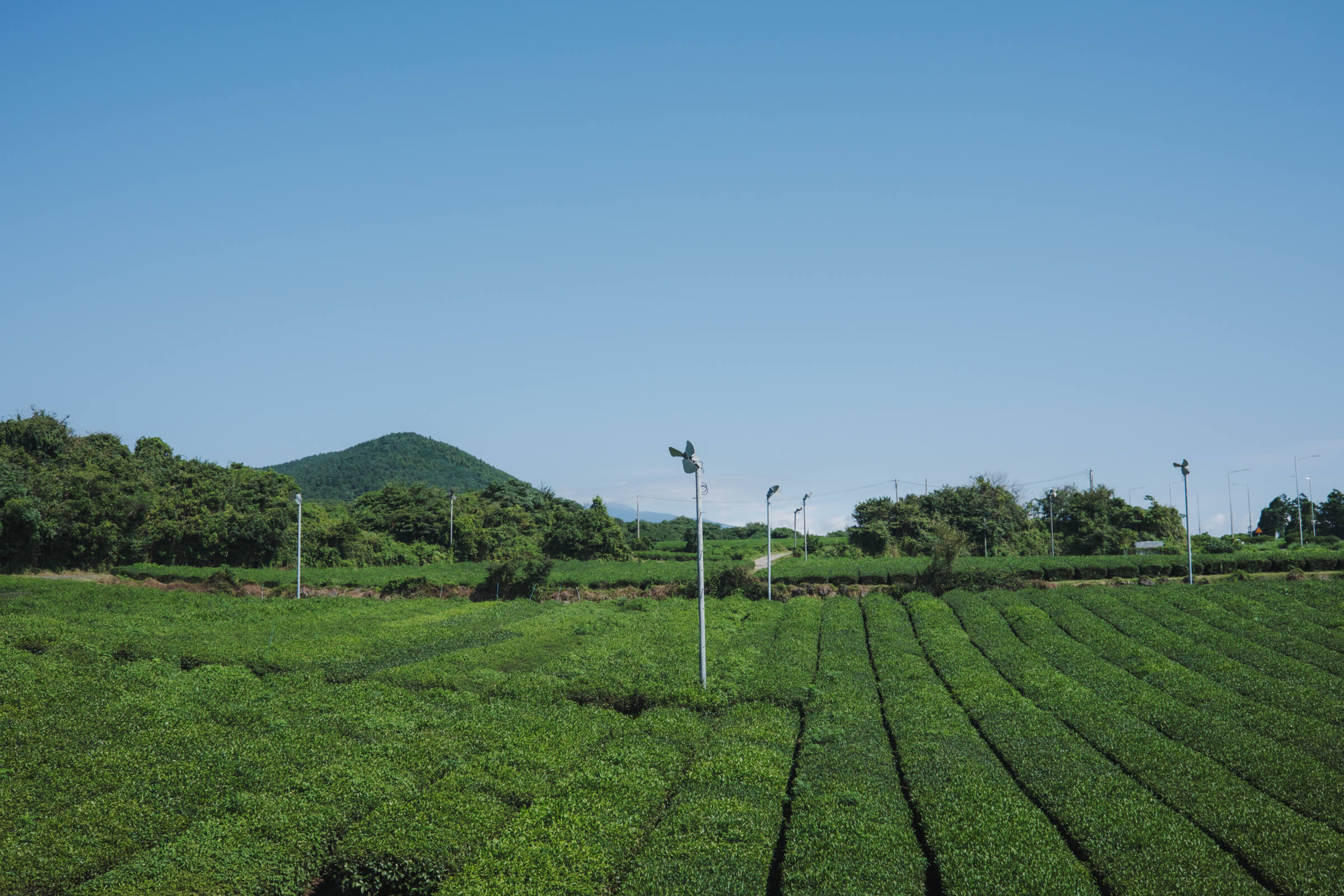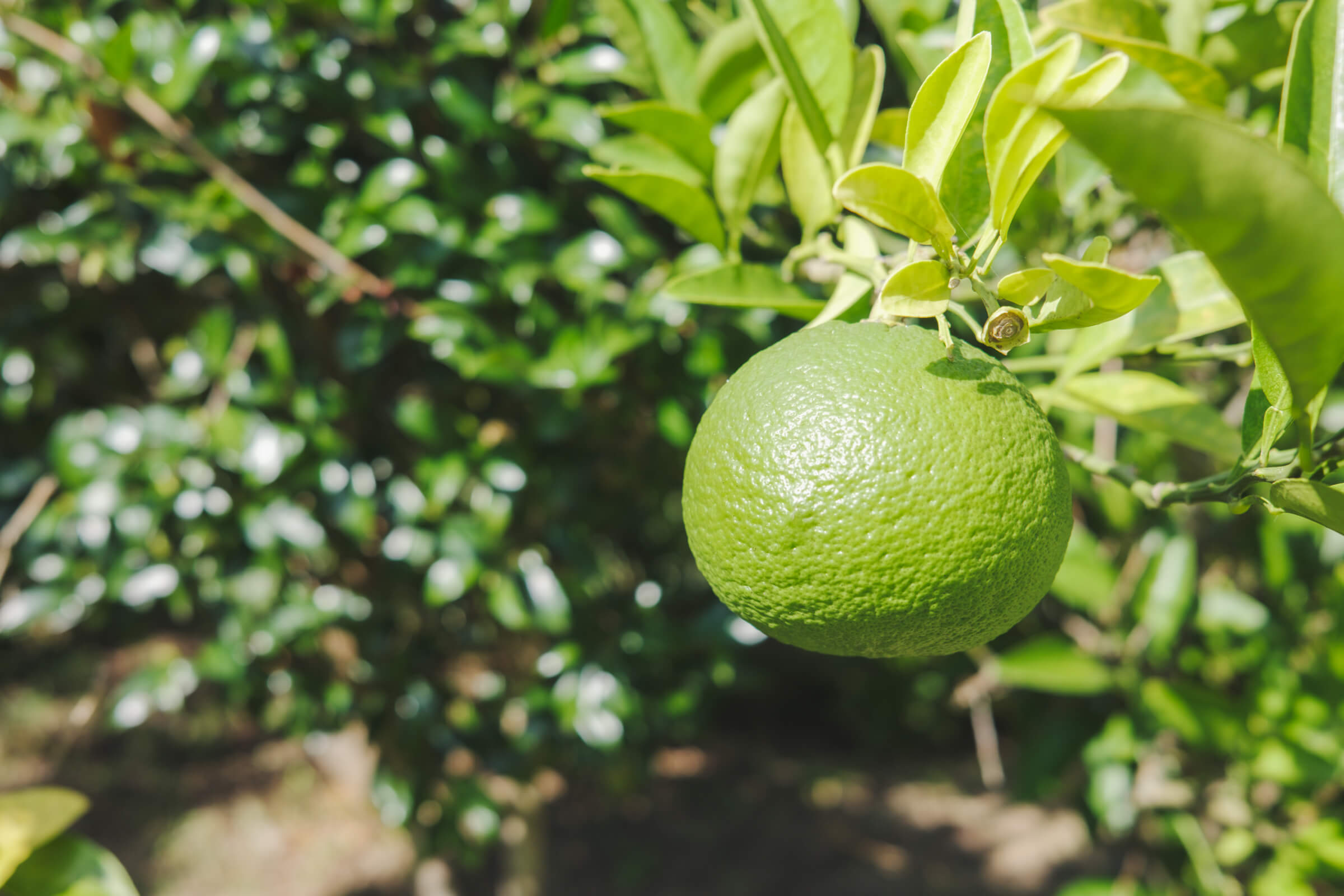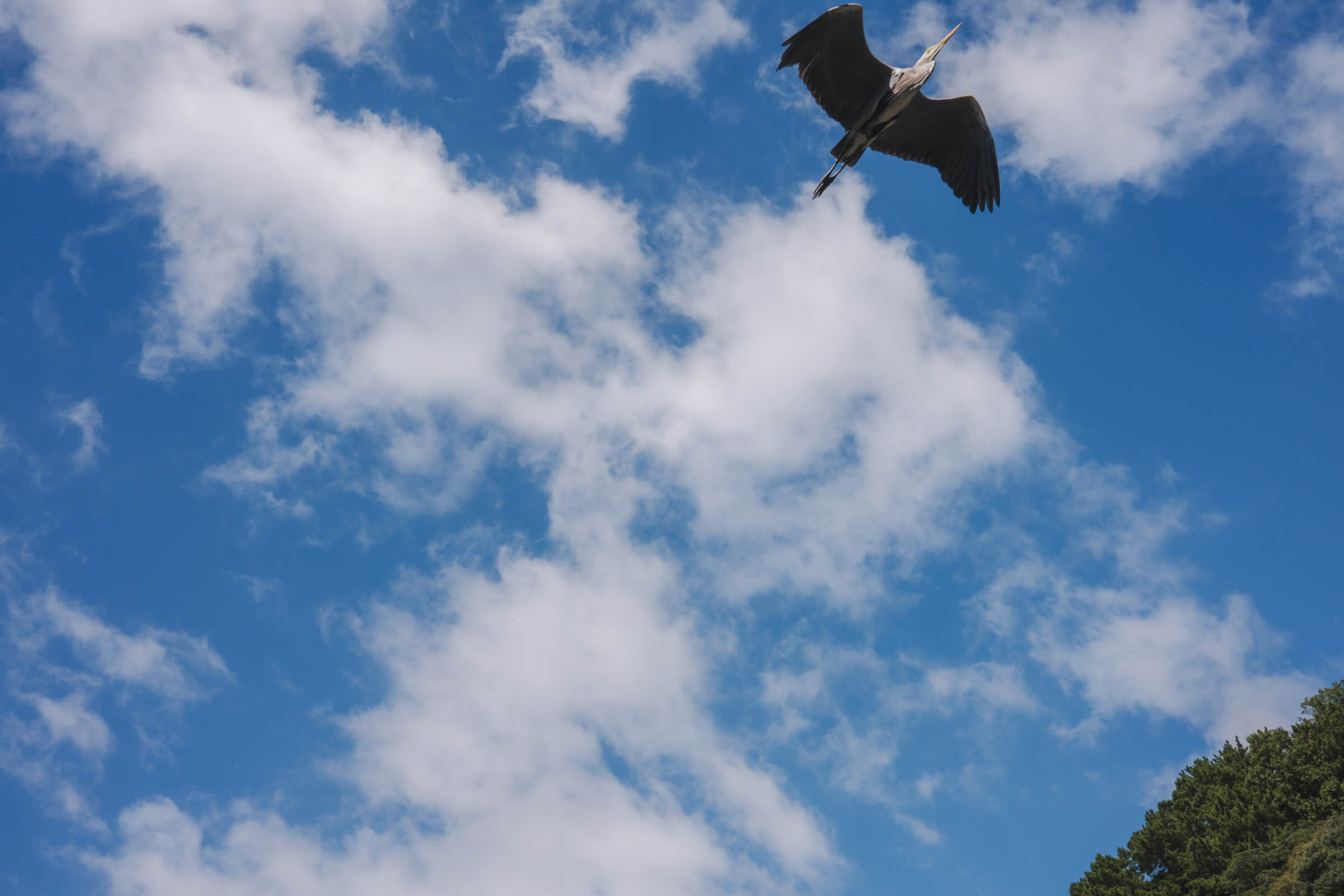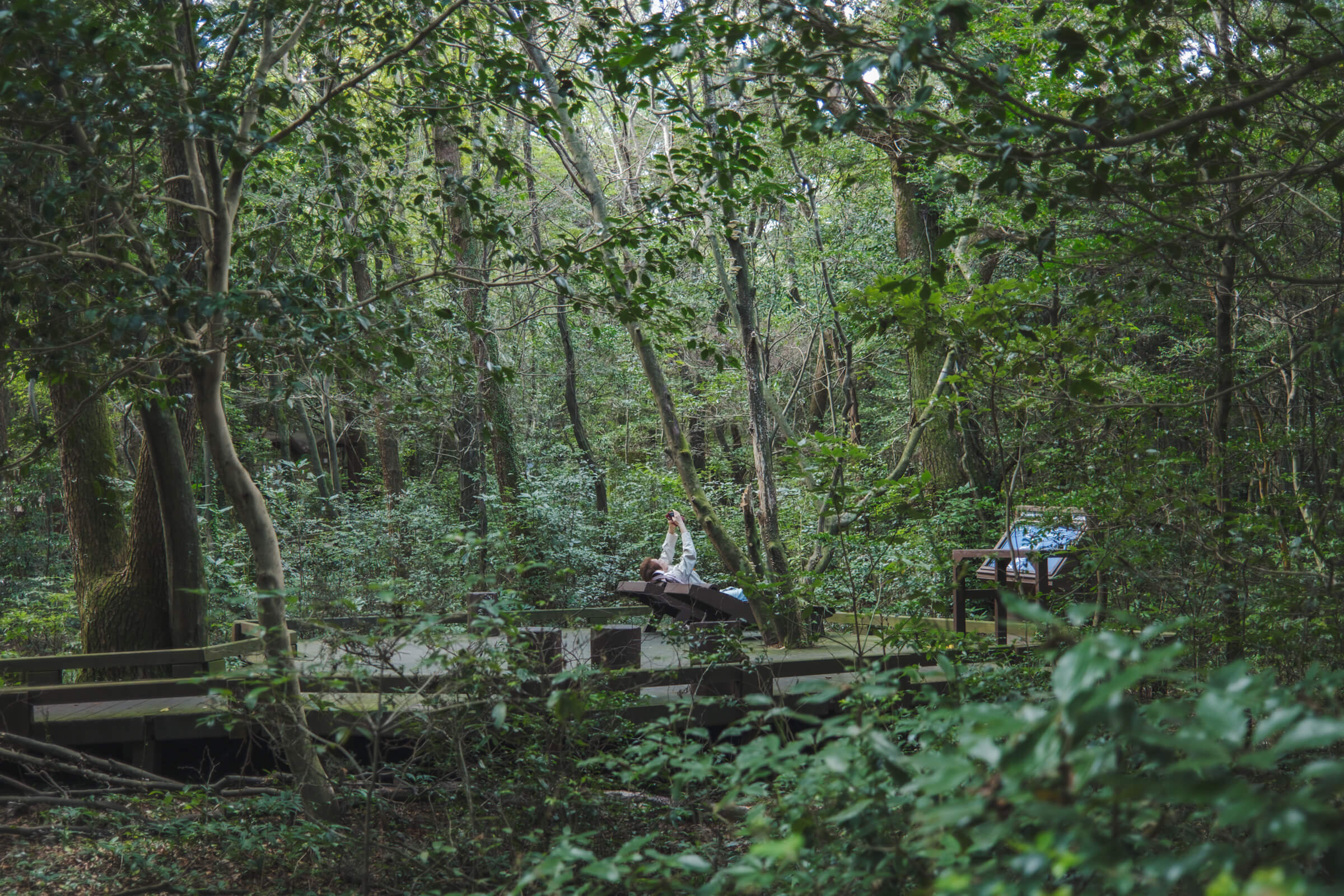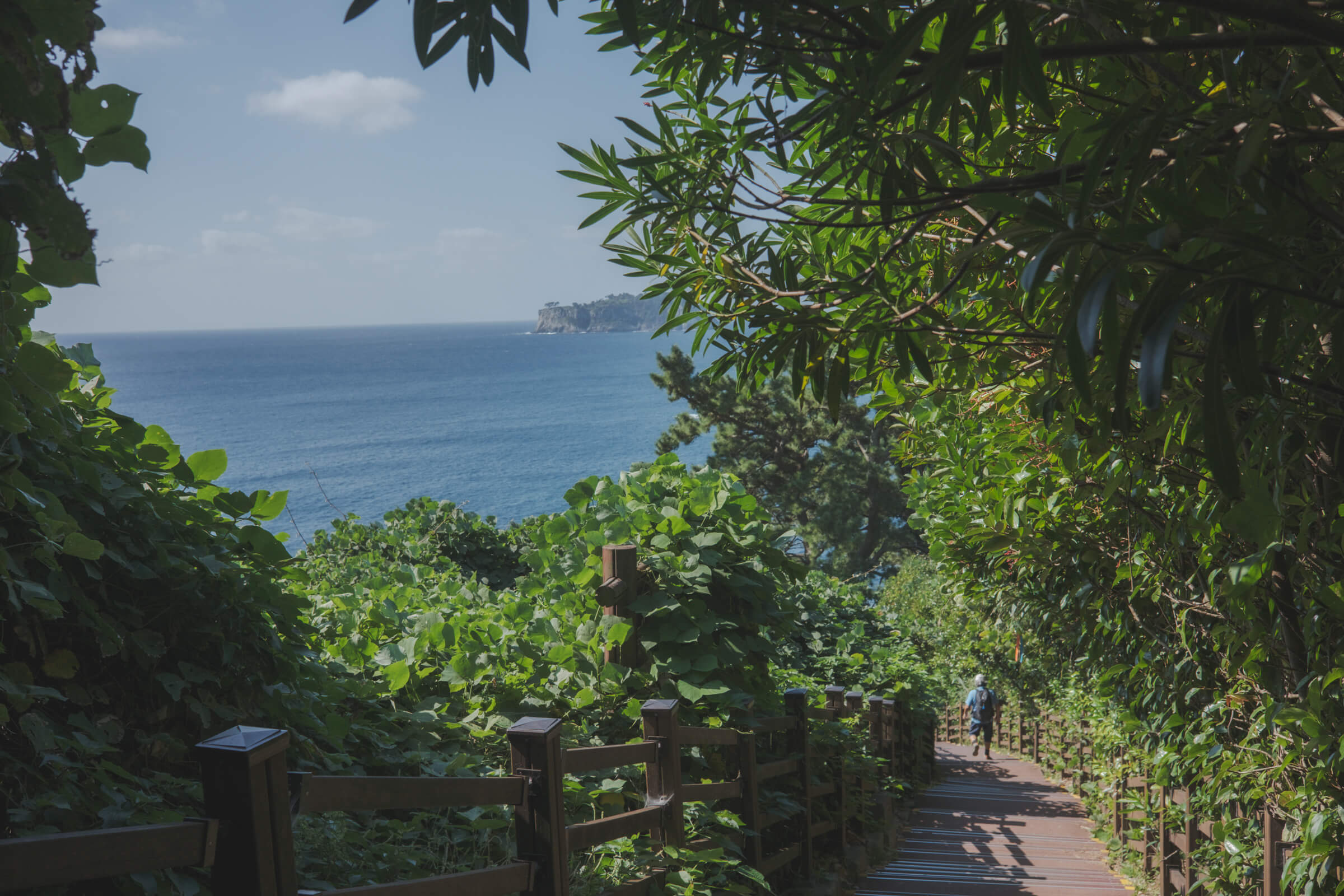The other day we were at the dentist and my partner mentioned that the dentist wanted to give her a muscle relaxant but she couldn’t remember the name, excepts that it starts with the letter “a”. I immediately knew which she was talking about, and she remarked that it is incredulous I can still remember so much from my days as a clinic assistant.
I thought it would be amusing to document the unconventional jobs I have had, and how they have impacted me permanently:
clinic assistant
There was a six months break after the O’ levels, and it was common to work part-time then. One of the most accessible jobs available was a data-entry assistant. A job agency matched me with a clinic.
I started going for lunch with the clinic’s staff, and they asked if I was interested to be a part-time clinic assistant. They paid me $7/hr, which was a really good rate in the 90s. I learnt to memorise the common medicines and their properties. Till today I can still recognise them.
Only today while I was jogging I was reminded how I used to be surrounded by very sick people all the time and I hardly got sick. We did not have the culture of wearing masks back then. The body is such a mystery to me. I would not risk it with the covid virus these days though. The person I am now would think it is almost suicidal to be working maskless in a clinic.
insurance claims assistant
Once in my early 20s I got burnt out working as a designer, so in my despair I thought I would never work in design again. Instead I wanted to work in one of the most mundane jobs, a job that doesn’t require overtime or is subject to the subjective whims of people. So again I applied to be an administrative assistant through a job agency.
They matched me to one of Singapore’s leading insurance companies, and instead of a typical admin job I was expecting they taught me to calculate health insurance claims.
Inevitably I had to calculate claims for very sick people, and worse – claims for people who were very young and very sick. Till today I can still remember their bills were a few inches thick. It was a sobering job, to be in touch with mortality like that. My manager asked if I was interested in a permanent job with them. I scooted out after a month.
But once in a very long while I would still think of that thick stack of bills and how they made me feel.
manga rental shop assistant
This was my first full-time temporary job: I had to work retail hours (11am to 10pm) for 6 days a week. Because of the economics of retail space in Singapore these type of shops are now extinct, so I was glad to have had experienced it for a bit.
People can either rent manga to bring it home with them or read it there. My job was mostly to return the manga back to the shelves. It took me some time to remember where exactly they belonged.
I remember splurging on a gameboy with my first full-time paycheck, to compensate for the childhood I never had I guess.
waitressing and food delivery
These are more conventional, but I am not sure if most knowledge workers have had job experiences like these. They gave me a permanent empathy for people working in these industries. I tend to have a wide tolerance for wait staff and delivery workers now.
For example, you would think that delivering food or parcels is a straightforward point A to B job. But do you know how much time is spent transversing the different systems of office buildings (at least in Singapore) or gated residential estates? How security treats us like vermin sometimes and at some places we are only allowed to use cargo lifts (elevators), and in some estates or buildings cargo lifts are like at least another ten minute journey? A journey that that supposedly takes 20 minutes on google maps can easily take up to an hour. This affects the earnings because the delivery platforms only account for the distance, not the total time it takes to complete the job.
During my 20s I often had to quit my design job without a new one lined up which in my time (2000s) was heavily frowned upon. But my waitressing experience made me believe that if I could survive waitressing I could survive anywhere, and I could always come back to waiting on tables if I couldn’t land a new job in time. This gave me the courage to keep trying new directions in my career, and only upon hindsight all my different job experiences were invaluable (I had to endure a lot of criticism for not staying in a job forever though).
I don’t know if kids still do temporary jobs or part-time work in between school semesters these days, because now they sadly have to use their opportunities for internship wisely. But I feel like the different job experiences I had – even though most of them were decades ago enriched my life and personality in many ways. I wish our society can be a kind one that would allow people to experiment more with their lives. My jobs allowed me to walk in many different types of shoes, and it affected the way I see the world and interact with her people. Some people no matter how intelligent they may seem, lack empathy for people from different walks of life. Others think they have empathy, but it is an intellectual sort of empathy, which is different from the sort of empathy one can gather from an actual experience. These affect many decisions in our society because the types of people in leadership positions are exactly the types of people who have amazing resumes with a very specific trajectory since childhood, because our society rewards these trajectories instead.
I am glad I had these experiences. There is strength in knowing we can be resilient in different dimensions, not just the one we’re accustomed to. Also, picking up new skills must be one of the most enriching and gratifying experiences in life. I just wish we don’t dismiss learning certain types of skills simply because they are conventionally perceived to be of a lower economic and social value.
